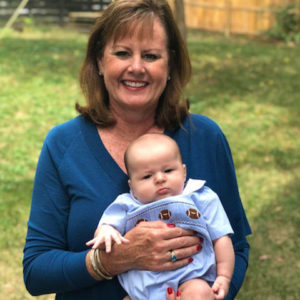1) It’s a safe place where you can go, usually once a week, and talk (and cry) about how you are feeling. Especially when many people close to you go back to their normal lives and you are left to navigate the “new normal” as they call it.
2) People in the group understand what you’re saying when many of your friends and family members don’t because they haven’t had the experience. They “get” you.
3) The group provides a sense that what you are feeling is normal. And helps validate the following: Is it normal to feel this depressed. To cry all the time? To take my anger out on my immediate family? To even think about suicide?
4) You will make new friends in a grief support group and while you don’t want to be “in this club” together, there are bonds formed that become very valuable when you’re having a tough time and you need someone to talk to. Plus, sometimes you lose some friends after a big loss because the loss has changed you (often for the better) and you are not the same person they used to know.
5) Grief groups often meet as a group outside of the support group setting. People who have lost a spouse in particular benefit from getting out with others like them and sharing a meal or going bowling, to the movies, etc. as the nights are long and lonely.
6) It’s a place where people can share coping strategies. Some people in the group are farther along in their grief journey and when new people come into the group, they can make suggestions about what worked for them and provide ideas and options, reading materiel, etc. You often see people sharing books and websites with each other.

